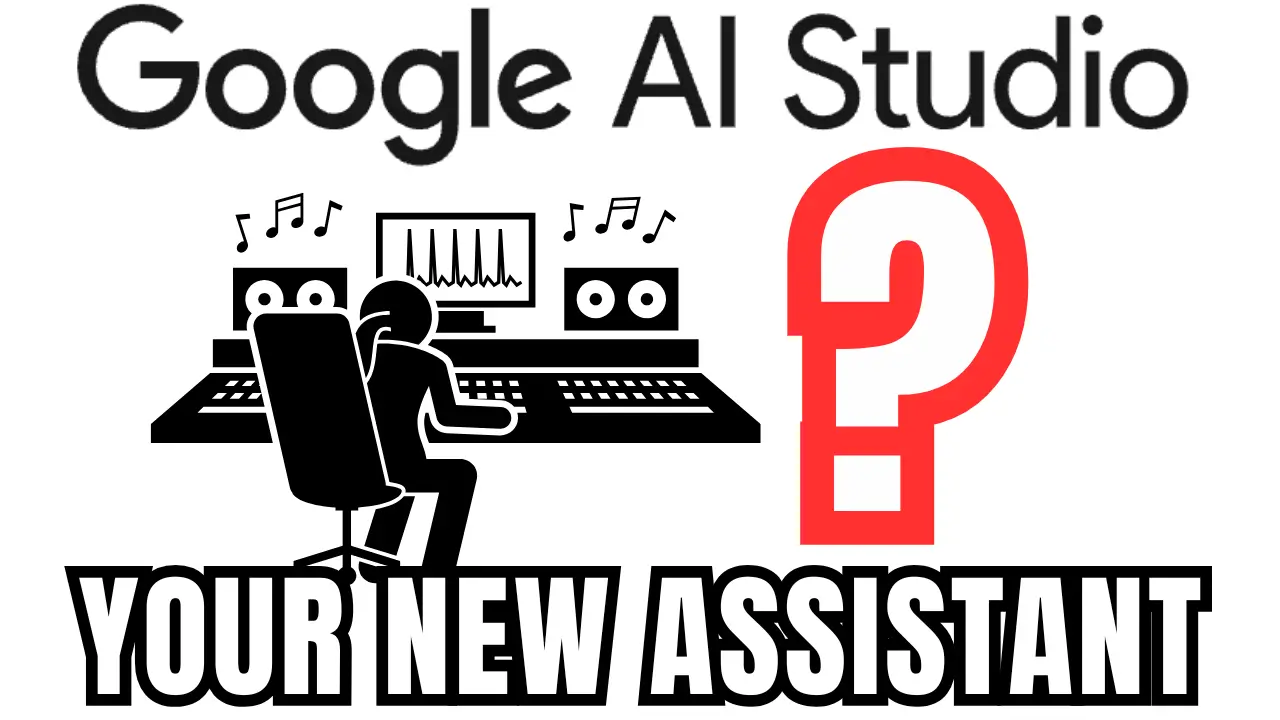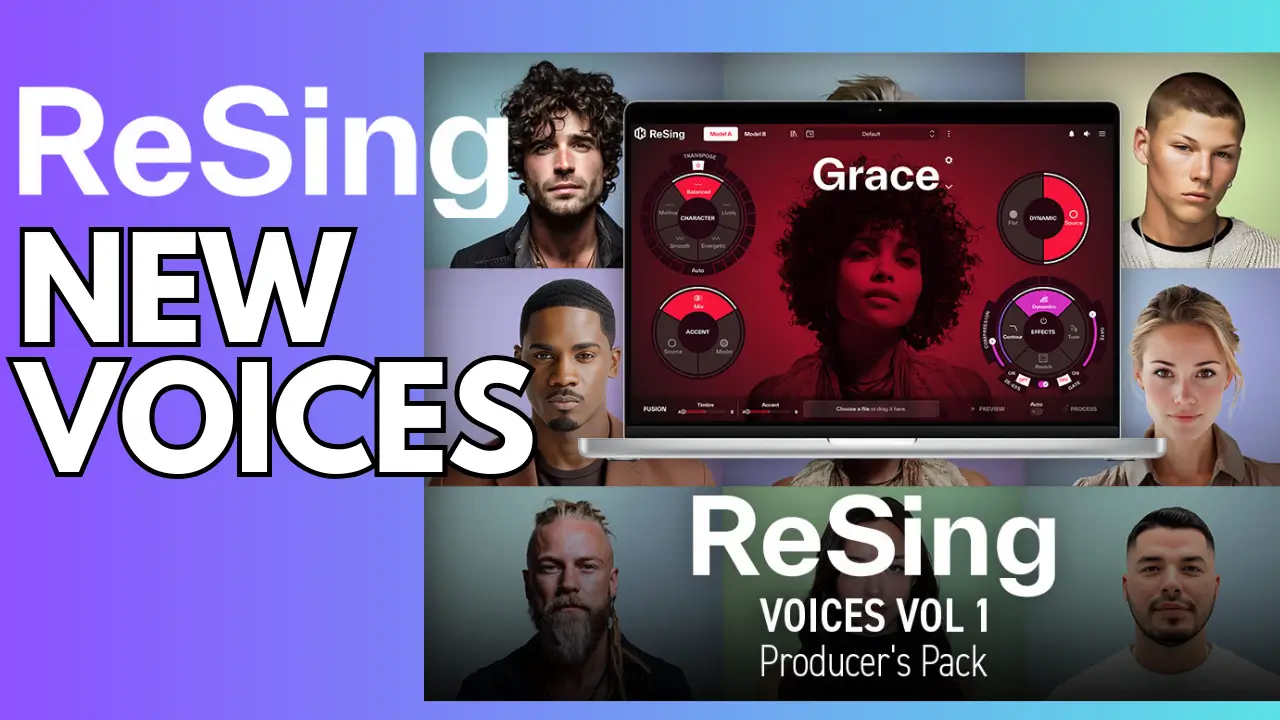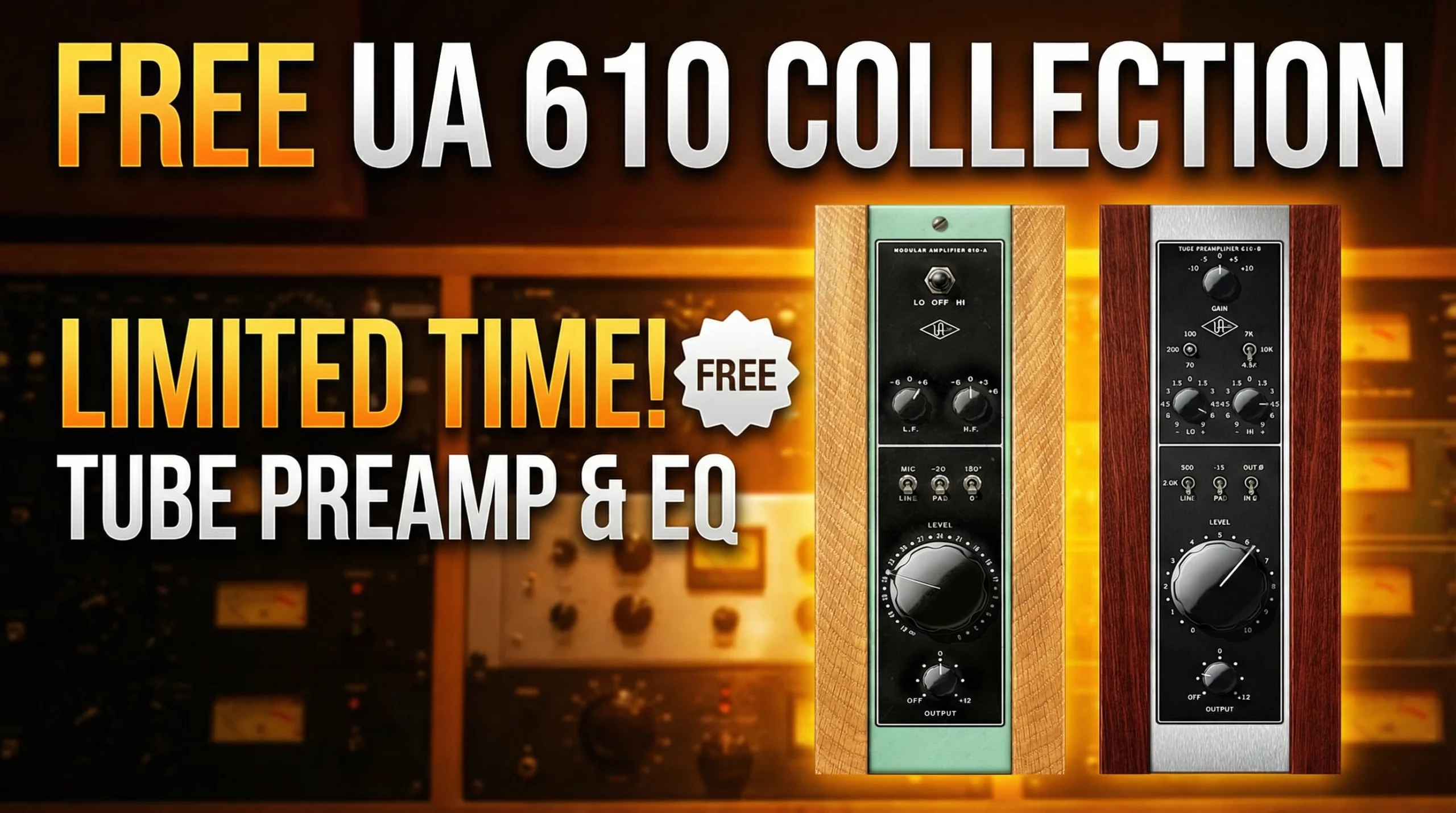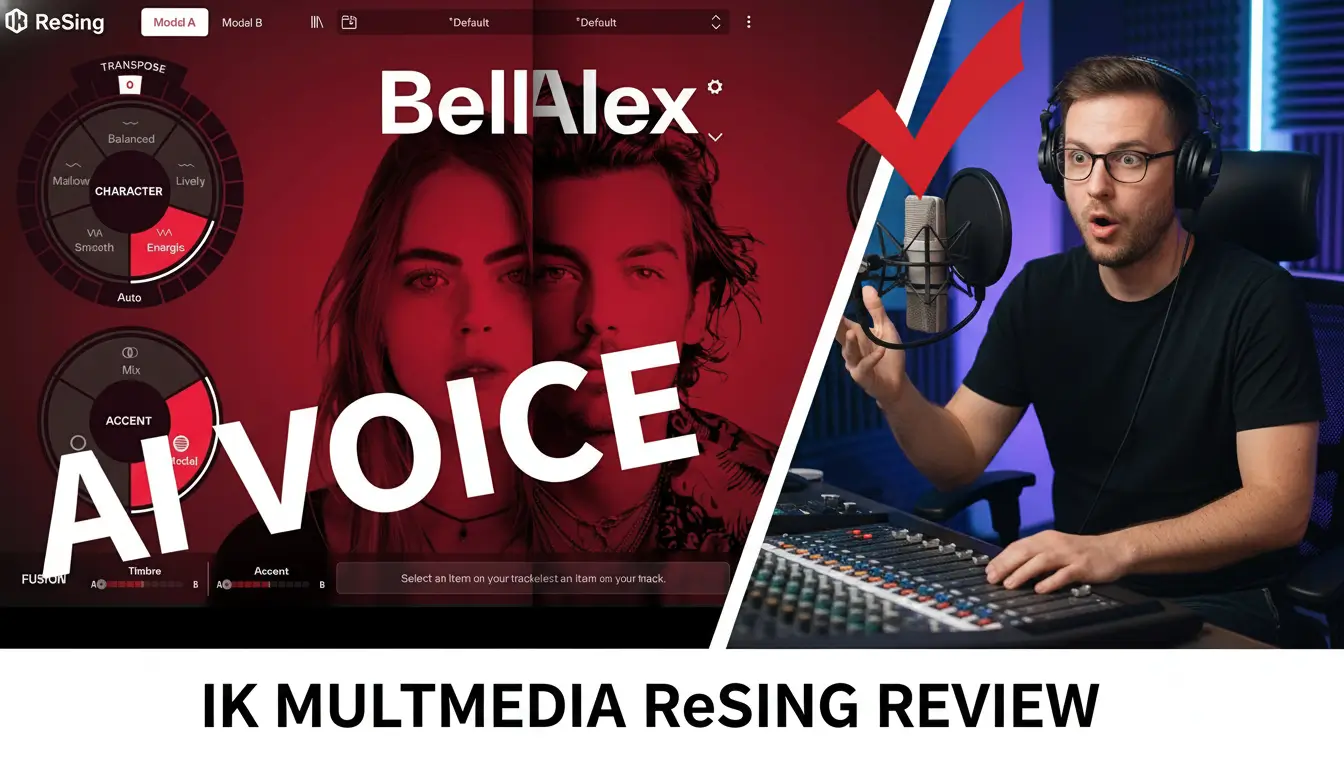If you’re a music producer or songwriter staring at a blank DAW session, wondering where to start, I’ve got something game-changing to share. In this post, I’ll walk you through my initial dive into Google AI Studio as a songwriting and music production assistant. Spoiler: it turned a simple idea into a full lo-fi jazz vibe faster than I expected. Whether you’re using Logic Pro, Ableton Live, or any digital audio workstation (DAW), this AI tool could be your new personal assistant for creative workflows.
As someone who’s spent countless hours tweaking chords and hunting for the right presets, I was skeptical at first. But Google AI Studio – accessible right from your browser – lets you stream your screen and chat in real-time for tailored advice. No plugins needed, just your voice (or text) and the AI’s smarts. I fired it up alongside Logic Pro to test it on questions I already knew the answers to, just to gauge its accuracy and speed. The results? Surprisingly spot-on and inspiring.
Related Posts:
- Latest deals at Plugin Boutique: Check out the hottest plugin discounts here (affiliate link)
- Evolve Velvet Quick Look – Synth for Nostalgic Tones
- HEARS Perfection Review: The Ultimate Plugin for Accurate Audio Monitoring
Kicking Off with Chord Progressions: Instant Jazzy Lo-Fi Inspiration
My experiment started simple: “Can you give me a jazzy lo-fi chord progression?” Without missing a beat, Google AI suggested Em7 to Gmaj7 to Cmaj7 to Fmaj7. It’s a classic, relaxed sequence that screams chill vibes – perfect for that mellow, introspective lo-fi jazz sound. This isn’t just random; the AI draws from music theory knowledge to deliver genre-specific ideas, saving you from endless trial-and-error in your DAW.
If you’re building tracks in genres like lo-fi, jazz, or even hip-hop, this feature alone could spark your next hit. Keywords like “jazzy lo-fi chord progressions” are buzzing in music production circles, and tools like this make them accessible to beginners and pros alike.
Instrument Recommendations: From Rhodes to Alchemy Synths
Next, I asked for stock Logic Pro instruments to match those chords. Google AI nailed it with the Rhodes electric piano for that warm, vintage feel or a soft pad from Alchemy synthesizer. (Quick note: It briefly misheard “Salcham” for Alchemy – a funny glitch, but it corrected seamlessly.) I followed its lead, loading up Alchemy and browsing pad or electric piano presets for something soft and mellow.
This real-time guidance is a lifesaver during production. Instead of scrolling through hundreds of options, you get curated suggestions that fit your vibe. For lo-fi producers, imagine AI pointing you to detuned vintage pianos or upright bass presets – exactly what I ended up using to layer in depth.
Building the Groove: Drums, Tempo, and Bass Lines
No track is complete without rhythm, so I queried for low-fi drum ideas and tempo. The AI recommended 60-80 BPM for a laid-back pace, muted MPC-style samples, and even subtle vinyl noise for authenticity. I stuck with my loaded drum kit but appreciated the nudge toward programming a simple beat.
Then came the bass: “How do I add a baseline using Logic Pro’s Bass Player?” Step-by-step, it walked me through creating a software instrument track, selecting the Bass Player in the inspector, and picking subdued options like jazz bass or upright bass. I went with upright for that organic jazz touch – and it blended perfectly with the chords.
These interactions highlight Google AI Studio’s strength as a DAW companion: it’s not just suggesting; it’s teaching. Songwriters can use it for harmony ideas, while producers streamline instrument selection and mixing tips.
Why Google AI Studio Stands Out as Your Music Production Assistant
What blew me away was the conversational flow. It’s like having a knowledgeable collaborator watching your screen, offering tweaks without overwhelming you. In under 10 minutes, I had a basic lo-fi jazz skeleton: chords, keys, drums, bass, and piano. Sure, it’s my first experiment, and there are quirks (like preset hunting), but the potential for learning new DAWs – say, brushing up on Ableton Live – is huge.
For SEO-savvy creators searching “AI songwriting tools 2025” or “best music production assistants,” Google AI Studio checks boxes for free access, real-time integration, and genre versatility. It’s not replacing human creativity, but it’s accelerating it, especially for lo-fi beats, jazz compositions, or any workflow needing quick inspiration.
Final Thoughts: Is This the Future of Songwriting?
I’m hooked – I’ll definitely experiment more, maybe tackling full arrangements or cross-DAW tutorials. If you’re curious about AI in music production, give Google AI Studio a spin at aistudio.google.com. Drop a comment: Have you tried AI for your tracks? What’s your go-to for lo-fi jazz vibes?
The links to Plugin Boutique are affiliate links, meaning I may earn a small commission if you choose to purchase through them. This helps support the channel at no extra cost to you. I only recommend products I personally use or believe bring real value to producers and songwriters.




